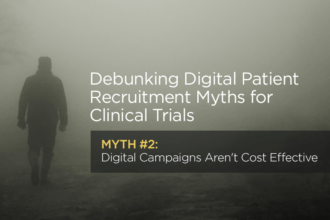Medicare administrative data provides a rich source to conduct health services research. Researchers who wish to use this data, however, often have to restrict their sample population in order to have a similar types of patients and consistent data available. Today I review some popular methods to restrict Medicare samples for research use. Restrictions to consider for Medicare population:
- Continuously enrolled in Parts A and B. This is needed for data completeness
- Medicare Advantage Enrollment. Researchers may want to exclude beneficiaries who receive Medicare services through managed care, because they are currently not claim-level detail for MA-enrolled beneficiaries although this will change in 2012.
- U.S. Residence. Individuals residing outside the U.S. may receive their care through other countries’ medical systems and thus Medicare claims may not capture the full range of services they receive.
- The Working Aged. The working aged are individuals for whom a private group health insurance plan was the primary payer. Medicare may not have a complete set of claims for working aged beneficiaries.
- Hospice Beneficiaries. Managed care plans cover all Parts A & B services except for hospice. If one wants to predict Medicare Advantage spending, one would need to exclude hospice spending since hospices services are not covered by MA, only the Medicare FFS.
- ESRD Beneficiaries. Beneficiaries with End Stage Renal Disease (ESRD) are covered by Medicare through a specific carve out. Anyone with ESRD qualifies regardless of age. Thus, researchers may want to exclude/include these beneficiaries.
- Medicaid Status. Individuals who are dual eligible have much lower Medicare cost sharing and can also receive services covered by Medicaid.
- Disability Status. Some individuals qualify for Medicare prior to being 65 because they were disabled and qualify under the Supplemental Security Income program. A researcher could restrict the sample to: i) individuals eligible for Medicare under SSI who are less than 65, or ii) individuals who are eligible for Medicare because they are over 65, but who were already enrolled in Medicare when they were under 65 because of their disability status.
- Death. For researchers analyzing cost analysis, patients who die causes a problem. Patients who die are low cost; excluding these patients from the sample, however, may assign low-cost status to certain providers for whom a large number of patients die. Thus, one does not want to reward providers whose patients die at a high rate and identify them as low-cost providers.






